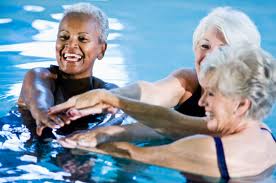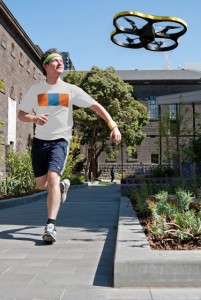Another study has found that exercise – like jogging, walking, or swimming- and consuming vegetables could increase your lifespan once you hit 70. The study, published by Emily J. Nicklett, et al, in the Journal of the American Geriatrics Society, followed more than 700 women in their 70’s in the Pittsburgh area, over a 5-year period.
“The present study found that physical activity and total serum carotenoids are strong and independent predictors of survival in older women living in the community. This offers preliminary support for the hypothesis that a diet high in fruit and vegetables, as reflected by high total serum carotenoid concentrations, combined with high physical activity would each demonstrate a protective association with 5-year mortality independent of one another. Therefore, exercise and nutrition should both be analyzed when assessing the health and projected life span of older women. Programs and policies to promote longevity should include interventions to improve nutrition and physical activity in older adults.”
The most physically active study participants -in other words, the ones who exercised the most – were nearly twice as likely to survive over the 5-year period as were the sedentary ones.
The authors conclude that even though they’ve shown that exercise and carotenoid intake will prolong life,
“…further work is required to validate and extend these findings in other populations so that appropriate groups can be targeted for interventions that incorporate diet and physical activity. The implications of this work are that interventions should combine improvements in diet and physical activity—rather than examine changes in isolation—to improve survival in older populations.”







